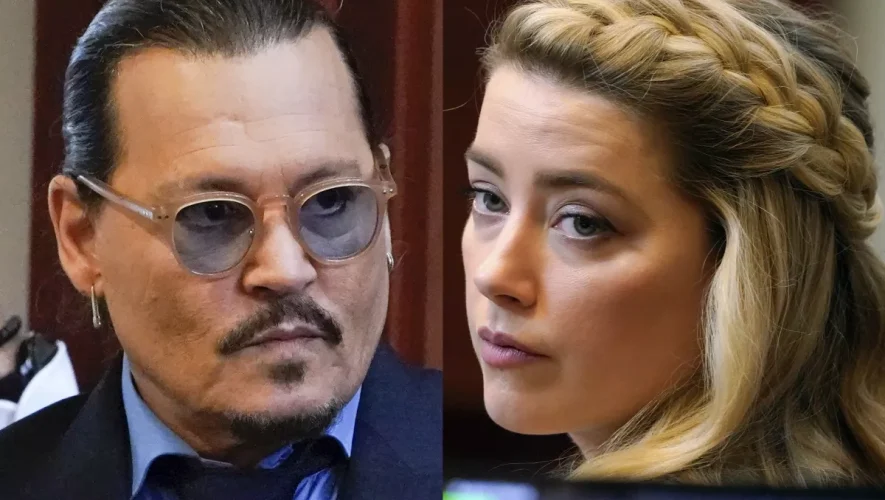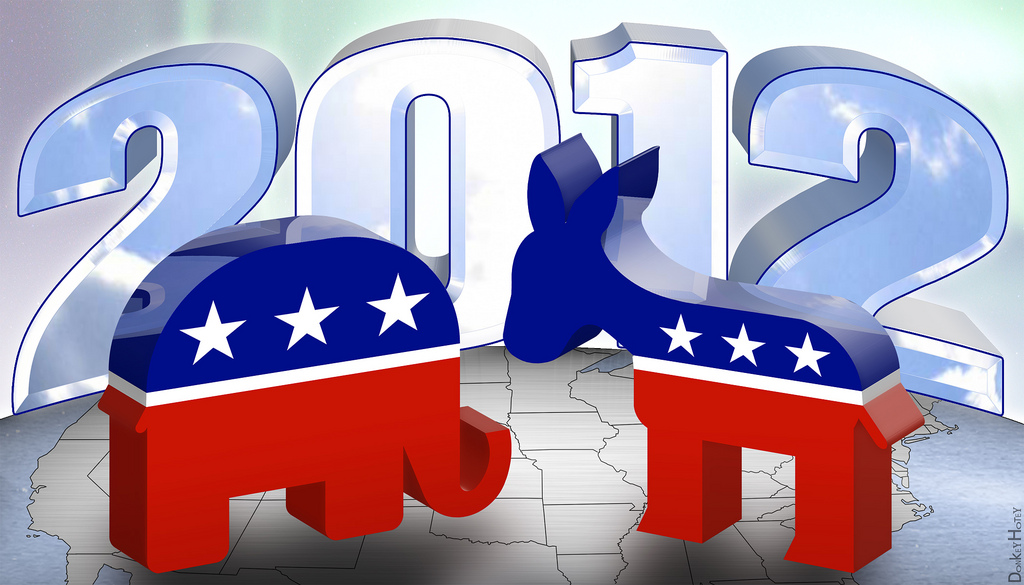Earlier this year, former spouses and actors Johnny Depp and Amber Heard sued each other for defamation in a highly publicized trial that largely focused on both parties’ alleged domestic violence. Five months after the trial’s conclusion, national feminist organizations and prominent celebrities signed an open letter in support of Amber Heard condemning the harassment that she received.
The letter, spearheaded by more than two hundred experts and organizations, including actresses Constance Wu and Gloria Steinem and the National Organization for Women, centers around the disinformation and misogyny that perpetuated online harassment and vilification of Amber Heard.
This support, albeit necessary, came months too late. Much of the harassment took place online while the trial was ongoing and started when Heard came forward with allegations of intimate partner violence.
The legal case began when Depp sued Heard over a Washington Post op-ed where she named herself a public figure representing domestic abuse. In a countersuit, Heard argued that Depp defamed her when lawyers called her op-ed an abuse hoax.
Video clips of the Depp-Heard trial, livestreamed on Court TV’s YouTube channel, garnered an incredible amount of social media attention and sensationalized the allegations.
Vicious Online Harassment Towards Heard
On TikTok alone, the trial accumulated over fifteen billion views under the hashtag #JusticeforJohnnyDepp. Accounts used trial footage to glorify Depp’s every move, whether that be his intermittent munching on sweets or his passing smiles at his legal team.
Meanwhile, users promoted a slew of conspiracies and mockeries of Heard, alleging that she laced her tissues with cocaine and staged poses for the court cameras. TikTok users picked apart her every move to fuel their harassment.
Footage of Heard from the trial inspired hundreds of GIFs, memes, dances, and songs. But what may seem like harmless jokes circling on social media, are actually the root of much deeper, problematic precedents that could have serious consequences for the future of domestic violence cases in the United States.
Mocking women who report abuse allegations is vicious and harmful. Hollywood will forget, or perhaps erase, this defamation case, but most sexual violence victims in America cannot afford the same ease.
Gender Bias in the US Court System
Unfortunately, legislators only recently implemented legal measures against domestic violence; justice for victims is a very new issue in the history of American legislation. Initially, laws and national resources centered around helping victims escape from their perpetrators without touching on the crime’s severity.
In 1984, Congress passed the first real measure against intimate partner violence, the Family Violence Prevention and Services Act, which helped fund resources for victims of domestic abuse.
It was not until another highly public celebrity domestic violence case that laws shifted to address intimate partner violence as a criminal justice issue rather than just a quibble amongst spouses.
The O.J. Simpson Trial Prompts VAWA
The O.J. Simpson trial: another publicized celebrity trial with graphic evidence, an abuser, and a victim. Except this time, the aftermath of the trial encouraged victims to seek help and lawmakers to enact new policies and regulations.
Nicole Brown Simpson’s 911 tapes revealed the violence she endured, both physically and mentally. While O.J. Simpson was not found guilty of Simpson’s murder, the documentation of her suffering prompted the public to destigmatize domestic violence.
In 1994, only a few months after the O.J. Simpson trial, Congress passed the Violence Against Women Act (VAWA). VAWA ensured federal funding for domestic violence prevention programs across the United States, increasing advocacy positions, shelters, and legal resources.
External Gender Bias
The stark difference between the media response from both the O.J. Simpson trial and the Depp-Heard trial prompts the question: what was different back then?
For the sake of domestic violence victims in the present and future, death should not be necessary for the public to eliminate external gender bias from their purview.
Perhaps the public’s opinion of Amber Heard is reflective of the external gender bias that women face in court.
Oftentimes, when a woman speaks in court, her tone of voice and body language will be scrutinized and used as a point of evaluation. Legal professionals often label a woman as ‘emotional’ and ‘moody’ if she raises her voice to a shrill pitch. When judges, jurors, opposing counsel, and legal teams stereotype a woman as lazy, dishonest, or sleazy, they may be displaying this external gender bias.
Amber Heard actively avoided behaviors that could evoke unwelcome biased claims. Her grim demeanor throughout the trial starkly contrasted with Depp’s nonchalant smirks and jovial body language, yet social media users remain unconvinced of her sincerity. When Heard smirked, one TikTok user garnered over thirty thousand likes for calling her a “narcissistic abuser.”
Heard’s presence in the trial may be the distinction between her and Nicole Brown Simpson: Women are not given equal respect in the courtroom. The public’s sensationalization of the trial is a direct reflection of the US court system’s systematic gender oppression, fueled by Heard’s humiliation.
A Nightmare for Sexual Violence Victims
Socially, domestic violence is still not taken seriously, and is often interpreted by courts as a simple marital dispute. For an issue that the media still inadequately represent, cameras, sensationalization, and internet trolls were the last things that survivors needed.
An open letter, published after the trial’s popularity dwindled, is not the response survivors needed.
Domestic abuse survivors are entangled with the stigma that their suffering entails and many of them are hesitant to seek help from a broken justice system that favors their abusers.
The media coverage of this trial has enabled social media users to bolster the myth that survivors lie about their abuse for quick fame or money. These supposedly harmless memes are sending the United States justice system decades backward, into a time where the patriarchy promoted the belief that women are untrustworthy to maintain their power.
The public’s reaction towards Heard in this trial will set a precedent for women in the future that gives abusers the upper hand. The effects of the livestream on our screens will unfortunately leak into the real world, and create real consequences for women in courtrooms all over the country.



